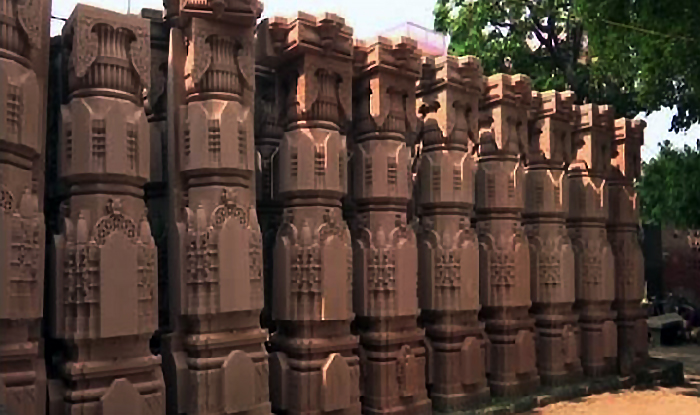Hyderabad, Nov 24: UPA chairperson Sonia Gandhi today lashed out at Telangana's TRS government, saying it neglected dalits, tribals, minorities, women and students with Chief Minister K Chandrasekhar Rao working only for himself and those close to him.
She also said the development that was expected following the creation of Telangana did not happen under Rao.
"Chief Minister Rao has cared only for himself and his own people leaving the child (Telangana) to suffer," she told an election rally at Medchal near here.
Congress president Rahul Gandhi, who also addressed the rally, said the TRS rule in Telangana was all set to end.
"Dalits, adivasis, minorities, backward classes, women and students were all neglected. The chief minister should tell us what promises he made to them and he kept," Sonia, who visited Telangana for the first time since the state's creation in June 2014, said.
She also said the Congress was committed to special category status for Andhra Pradesh.
It was under the UPA 2 government that Telangana was created and the party intends to use it as an election plank to blunt Rao's claim that a protracted agitation led by him forced the Centre's hand.






Comments
Add new comment